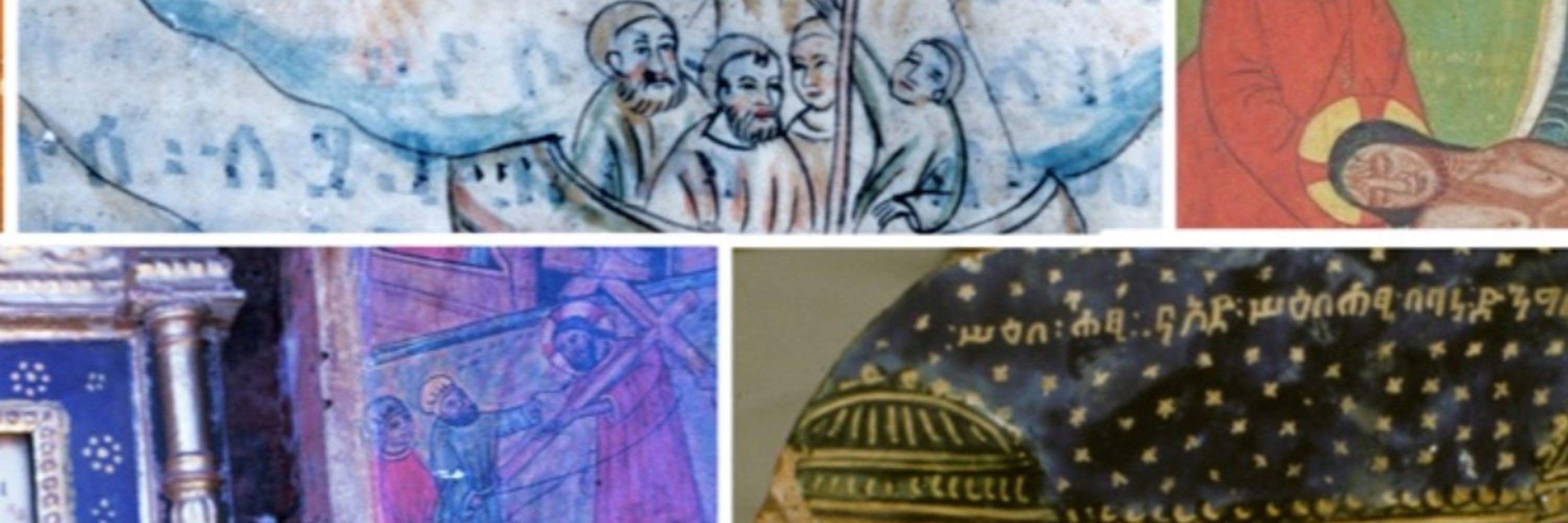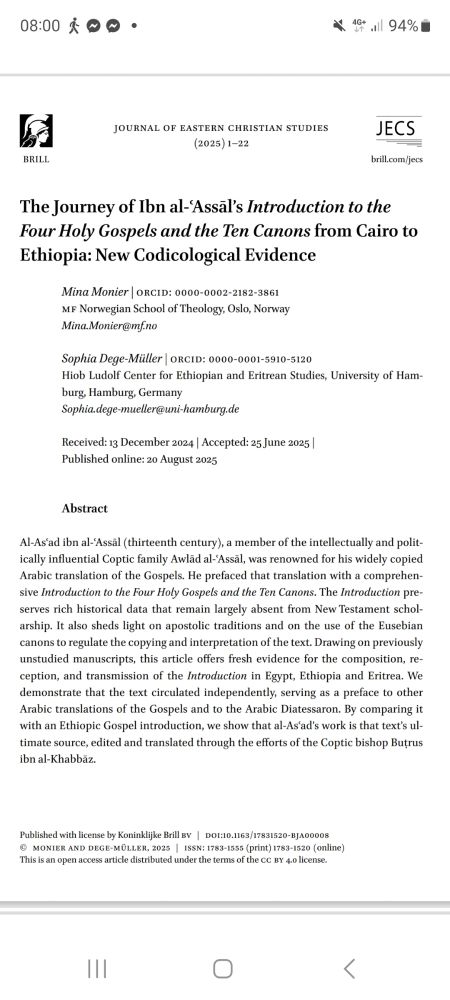Dr. Verena Krebs
@krebsverena.bsky.social
3.6K followers
610 following
430 posts
Medieval Historian. North-East Africa & Ethiopia. German. Professor. GIF lover, Sci-fi fan. Getting better at remembering this app exists. More info: VerenaKrebs.com.
Posts
Media
Videos
Starter Packs
Pinned
Dr. Verena Krebs
@krebsverena.bsky.social
· Aug 21
Dr. Verena Krebs
@krebsverena.bsky.social
· Aug 21
Reposted by Dr. Verena Krebs
Dr. Verena Krebs
@krebsverena.bsky.social
· Aug 19
Dr. Verena Krebs
@krebsverena.bsky.social
· Aug 19
Reposted by Dr. Verena Krebs
Dr. Verena Krebs
@krebsverena.bsky.social
· Aug 18
Dr. Verena Krebs
@krebsverena.bsky.social
· Aug 18
Dr. Verena Krebs
@krebsverena.bsky.social
· Aug 18
Dr. Verena Krebs
@krebsverena.bsky.social
· Aug 18
Dr. Verena Krebs
@krebsverena.bsky.social
· Aug 18
Reposted by Dr. Verena Krebs
Isaac Samuel
@rhaplord.bsky.social
· Aug 17

Africans in the Indian Ocean world and the autobiography of a Somali Globetrotter.
In 1944, a soldier on Australia’s most remote northern coastline discovered a handful of copper coins that were originally minted in the medieval Swahili city of Kilwa, Tanzania, between 1150 and 1330...
www.africanhistoryextra.com
Dr. Verena Krebs
@krebsverena.bsky.social
· Aug 15













